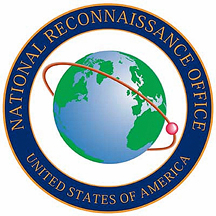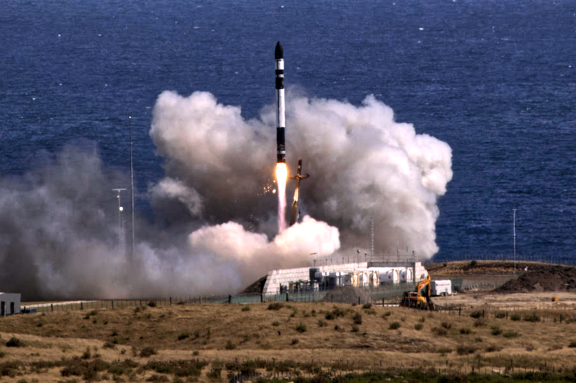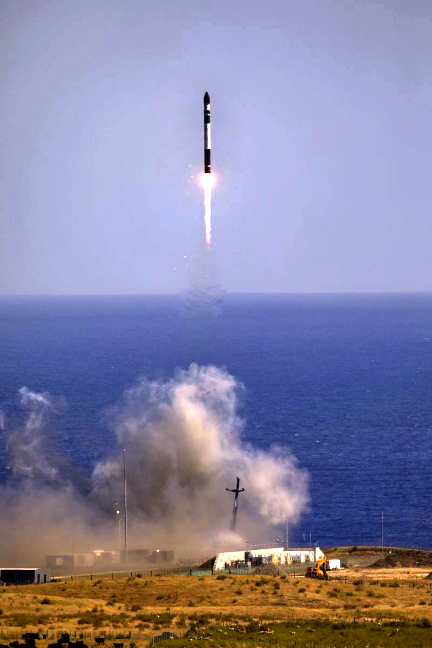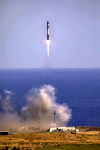
Rocket Lab has successfully launched their dedicated ‘Birds of a Feather‘ mission carrying a top secret payload for the National Reconnaissance Office (NRO), with the smallsat lifting off from Rocket Lab Launch Complex 1 located on the Mahia Peninsula in New Zealand, the 11th Electron rocket launch for the company — the mission was designed NROL-151 by the agency.


An Electron rocket lifts the NROL top secret smallsat to orbit.
Photo is courtesy of Rocket Lab.
The NRO competitively awarded this contract to Rocket Lab under the Rapid Acquisition of a Small Rocket (RASR) contract vehicle. RASR allows the NRO to explore new launch opportunities that can provide a streamlined, commercial approach for getting small satellites into space.
The CEO of Rocket Lab, Peter Beck, using the firm’s Twitter account, confirmed that the NRO payload was successfully released into orbit and that such was a proud moment for the entire company launch team.

The Rocket Lab Electron launch vehicle boosting the National Reconnaissance Agency’s top secret smallsat to orbit.
Photo is courtesy of the company.
Rocket Lab has been launching to orbit since January 2018 and is, according to the firm, now the world’s leading dedicated smallsat launch provider, adding that the firm remains the only launch provider capable of meeting the rapid-acquisition and launch requirements of dedicated smallsat missions for the U.S. government. Rocket Lab has delivered 47 satellites to orbit on the Electron launch vehicle, enabling operations in space debris mitigation, Earth Observation (EO), ship and airplane tracking, and radio communications.
Rocket Lab’s Senior Vice President – Global Launch Services, Lars Hoffman, said prior to the launch that the Electron vehicle is uniquely placed to deliver the kind of frequent, rapidly-acquired launch opportunities required by the NRO and other government agencies to ensure resiliency in space.
He noted that the company is honored that Rocket Lab was selected as as the launch provider for this dedicated mission. The Electron launch vehicle is perfectly positioned to provide the kind of rapid and responsive access to space that puts the NRO in complete control over their own launch schedule and orbital requirements. As the industry shifts toward the disaggregation of large, geostationary spacecraft, Electron enables unprecedented access to space to support a resilient layer of government small satellite infrastructure.

